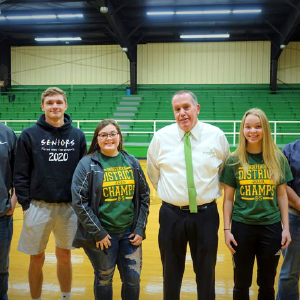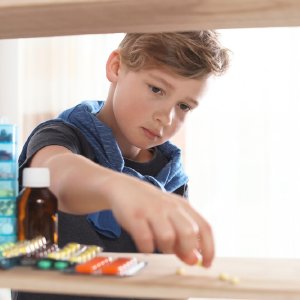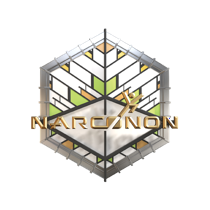Unmask Addiction Campaign Helps Remove the Stigma of Addiction

The Salisbury, Maryland-based a.s.a.p.r. Integrated Marketing specializes in marketing, advertising, public relations, branding, strategies and communications. The marketing firm defines their approach to marketing communications as “highly creative yet extremely efficient.” The agency recently unveiled its “Unmask Addiction” campaign.
Unmasking Addiction: Its Origin
Released in Somerset County, Maryland, the Unmask Addiction campaign highlights a new look at addiction, and the people who are addicted. A recent online delmarvanow article featured an overview of the campaign, and its purpose.
Prior to doing the research for the Unmask Addiction campaign, the a.s.a.p.r. agency had incorrect information about addicts. Two agency personnel, Robbie Tarpley Raffish and Jenni Pastusak realized as a result of their research into addiction that addicts were actually “people we saw every day.”
According to Raffish, they found that addicts were grandmothers and mothers and students and athletes. A heroin or painkiller pill addict could be the woman next door, whether young or old; or whether in a low-income or a wealthy area.
The newly released Unmask Addiction campaign carries that very message.
Raffish said they realized addicts were people who we see daily. They are people wearing a mask—the people behind the mask of addiction. Stemming from that realization came the decision to create a campaign causing people to give thought to where addiction may be—and who the addicts really are.
The Beginnings
According to an Unmask Addiction news release, the Behavioral Health Division of the Maryland Department of Health and Mental Hygiene awarded a $152,870 dollar grant to the Somerset County Health Department. The grant monies were earmarked for an Opioid Misuse Prevention Program.
While Maryland’s Somerset County is not alone in its drug-use problem, it is definitely impacted. Craig Stofko, a county Health Officer, cites the 2013 drug-use cost to the county as an estimated $49 million dollars.
According to Stofko, criminal justice accounts for a majority of the cost, with lesser costs incurred by health care and loss of productivity. The costs were based on analysis done by the Business Economic and Community Outreach Network.
The health department, says Stofko, does well in treating individuals with cocaine, alcohol and marijuana addictions. He notes that it falls short with opioid addiction treatment, as opioid addicts are more difficult to keep in treatment.
Unmasking Addiction: Its Future
According to Jenni Pastusak of a.s.a.p.r., their hope for the Unmask Addiction campaign is to educate the public on drug prevention. They also hope to show the public “real people who have dealt with addiction.” She notes that no one is immune from addiction.
The campaign research brought to light that the overriding majority of individuals seeking drug abuse treatment are white; and women can act as a gateway to drug abuse for men.
The Unmask Addiction ad campaign features four faces, each different and each partially masked and hidden. Each partially masked face is visibly identified as “Athlete”, “Mom”, “Student” and “Pop Pop.” Yet underneath their label in life, each one is an addict.
There will be another campaign rolling-out which encourages individuals to participate in drug-take-back efforts; unwanted, unused and outdated prescription drugs and medications to designated take-back locations.
Somerset County Drug-Take-Back box locations are at the Princess Anne police department, the Crisfield police department, and the Maryland State Police Princess Anne barrack.
It is hoped that the Unmask Addiction campaign will address some of the social stigma regarding addiction. It is hoped it may help people who, out of fear of being judged or fear of repercussions in life, do not seek substance abuse treatment


